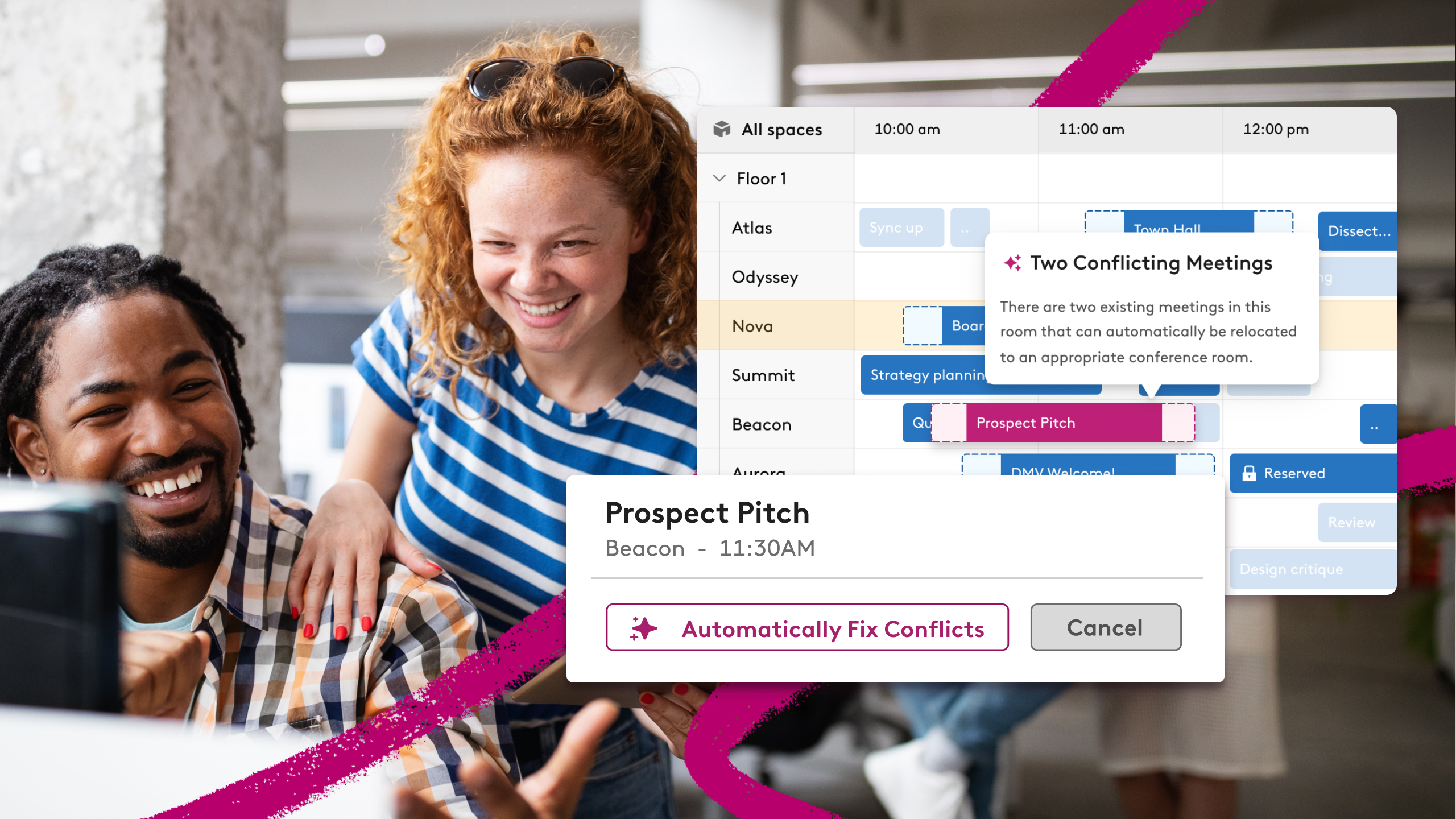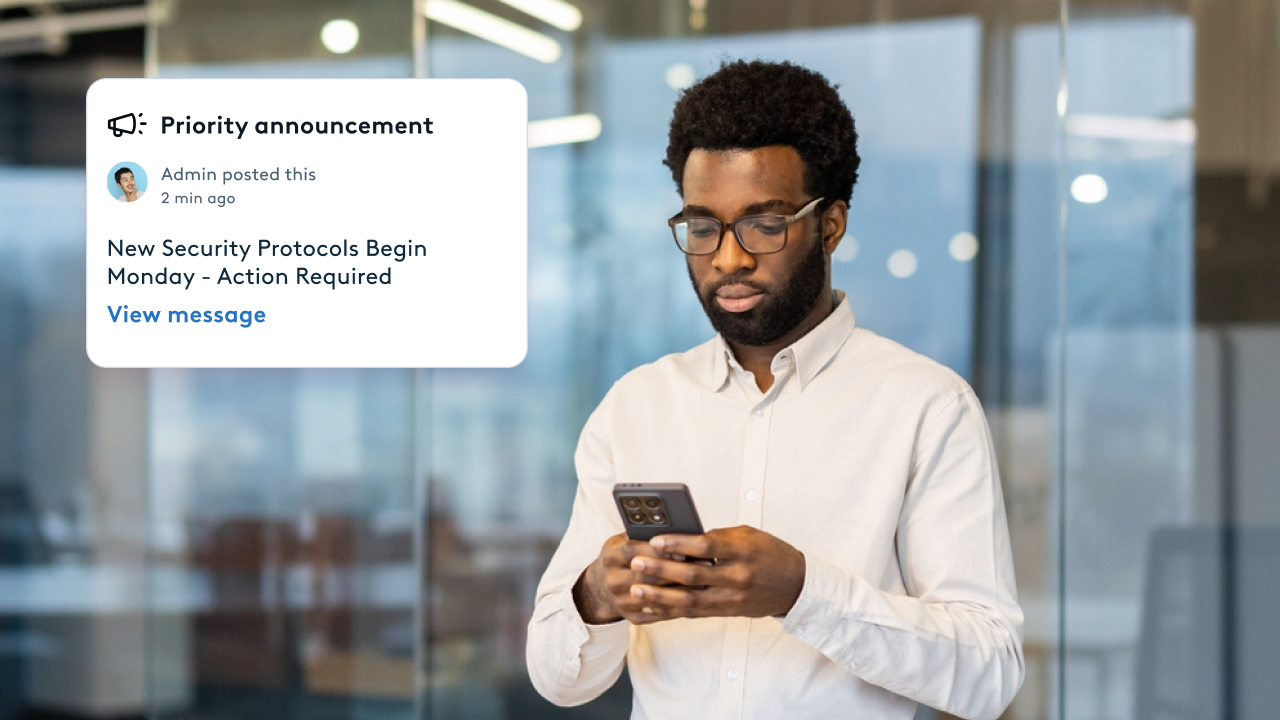How to Plan for Your Office Opening and Ongoing Success
.jpeg)
Congratulations. You’ve made it to move-in day. 🎉
After months of planning, budgeting, space design, IT setup, and change management, your team is finally stepping foot in the new space. But the work isn’t over. In fact, some of the most important decisions come after the ribbon is cut.
In this final chapter of our Office Move Lessons series, we’re looking at:
- What a successful opening day should include:
- Whether to plan a soft launch or grand opening
- How to keep the momentum going well after move-in using data, feedback, and flexibility
Because a great office move doesn’t end with the move, it evolves with your team.

Lesson 1: Make Opening Day Feel Intentional (Not Just Operational)
Your first day in the new office sets the tone. At Robin, we saw it as both a celebration and a systems check.

Lesson 2: Soft Launch or Grand Opening? Depends on Your Culture
Some companies plan a dramatic kickoff. Others prefer a quiet rollout. At Robin, we found value in blending both approaches.
“We started with a soft open, inviting employees to come in and explore without pressure,” said Libby Kiely, Director of People. “That gave us time to test things in real-time, gather feedback, and make small adjustments before a bigger, more visible launch.”

Here’s a pro-tip: Just because your office is open to employees, doesn't mean you have to rush your grand opening. Sometimes it makes more sense to time your big open strategically. For example, our Robin HQ is in Boston. We know that attendance can suffer in the wintertime. And, we get it, it's hard to brave the Massachusetts cold for just about any reason.
While our office has been open since December, we are waiting for the sun to make a debut more consistently before we open our doors to the public. (Don't worry, we'll share our learnings from that too!) Here are a few scenarios that might indicate a grand opening makes sense for your organization:

Lesson 3: Keep Promoting Great Days in the Office
Once the move-in excitement fades, how do you keep people engaged with the space?
“You can’t assume that once you build it, they’ll come,” said Elizabeth Fierman, VP of People. “You have to continually reinforce the value of the office, through experience, not mandates.”
Robin’s approach to post-move engagement includes:
📊 Using Workplace Analytics
Robin's platform enables teams to track:
- Desk and room booking patterns
- Peak usage days and drop-offs
- Popular areas vs. underutilized ones
📣 Reinforcing Intentional In-Office Moments
- Encourage teams to plan in-office days around key meetings, brainstorms, or social moments
- Create programs that reinforce connection, like lunch-and-learns, welcome breakfasts, or team rituals
- Highlight how the office supports productivity (quiet rooms, whiteboards, better tech)
Lesson 4: Keep Listening and Iterating
The most successful office move isn’t the one that went perfectly. It’s the one that keeps improving.
“An office is a living system,” said Shane Ballou, IT Manager. “The needs of the team will keep changing, and so should your space.”
Post-move, Robin’s team:
- Collected feedback via pulse surveys
- Revisited office norms (e.g., how often teams meet IRL)
- Tracked tech support tickets to flag persistent AV or access issues
- Made small updates to seating, signage, and booking policies based on behavior patterns
“If you’re not using data to monitor your office post-move, you’re flying blind," John O’Donnell, Robin’s CFO, added. "That’s where the real ROI gets measured, not just in cost, but in engagement.”
💡Before your next move: Office moves are no small feat but sometimes it's not about changing addresses but reimagining what you have already. By looking at usage patterns and resource utilization, you can look at your space with new eyes and optimize it for your current workplace reality.
Key Takeaway: Your New Office Is Just the Beginning
An office move isn’t a one-and-done project, it’s the beginning of a new chapter in how your company works.
From the energy of opening day to the rhythm of hybrid work, the real success lies in your ability to adapt, engage, and evolve.
“We didn’t just want a beautiful space. We wanted a useful one," explains Elizabeth. "That means continuing to learn from our team, and from the data, every step of the way.”
This wraps up our Office Move Lessons series! We hope it’s given you a transparent, tactical look at what it really takes to move, and make the most of, a modern workplace.
📚 Missed a post? Catch up on the whole series here.












